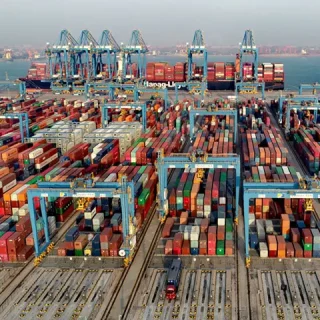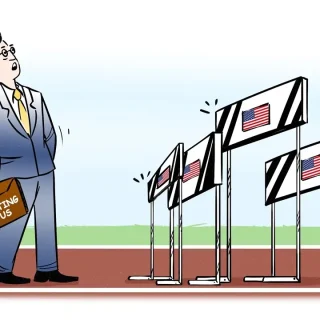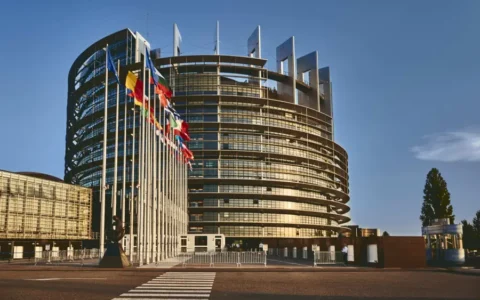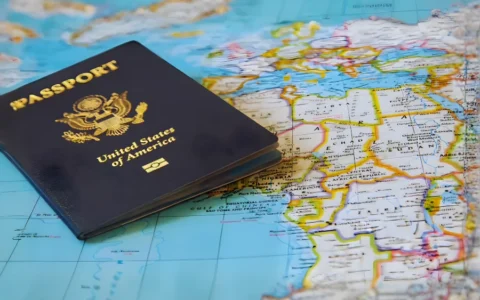The European Union (EU) has terminated visa-free travel privileges for citizens of Vanuatu, pointing to significant security concerns associated with the island nation’s “golden passport” program. This drastic measure reflects the EU’s escalating scrutiny of investment-driven citizenship schemes and comes after a provisional two-year suspension.
Introduced in 2015, Vanuatu’s investor citizenship program allows individuals to obtain Vanuatuan nationality through a minimum investment of $130,000. This scheme had previously enabled passport holders to travel without a visa to the EU, leveraging an earlier waiver agreement. However, the European Commission expressed apprehensions that the program could be exploited for purposes such as circumventing security protocols or money laundering.
Persistent failure by Vanuatu to alleviate these security fears prompted the EU Council to officially remove the country from its list of visa-exempt nations, effective immediately. This decision marks the first instance of the EU fully revoking a visa waiver agreement due to concerns over an investor citizenship program, emphasizing the potential “migration and security vulnerabilities” these schemes can introduce.
As a result of this revocation, Vanuatuan passport holders will now need to secure Schengen visas to enter the EU. This process includes comprehensive background checks, adding a significant barrier to entry for short-term visitors and potential migrants from Vanuatu.
This policy shift arrives in advance of the European Travel Information and Authorization System (ETIAS), which will further strengthen EU border controls. For Vanuatuans who frequently travel or conduct business in the EU, this change introduces additional procedural challenges and delays, casting uncertainty over the viability of their current travel arrangements.
The EU’s firm stance against golden passport programs sends a potent message to other nations with similar schemes, particularly those in Eastern Europe and
the Caribbean, hinting at possible future revisions in visa policies for these regions as well.
The withdrawal of visa-free status not only poses a direct impact on individuals holding Vanuatuan passports but also delivers a severe economic blow to Vanuatu, where the sale of citizenships represents a crucial income source. This development underscores the intense pressures that nations face to align economic pursuits with global security expectations.
Overall, the EU’s decision to revoke Vanuatu’s visa exemption underscores a commitment to safeguarding its borders against unregulated migration and potential criminal activities, setting a precedent for how it might handle similar situations in the future. This move highlights the necessity for countries to maintain rigorous standards in their citizenship by investment practices to uphold international security standards.










